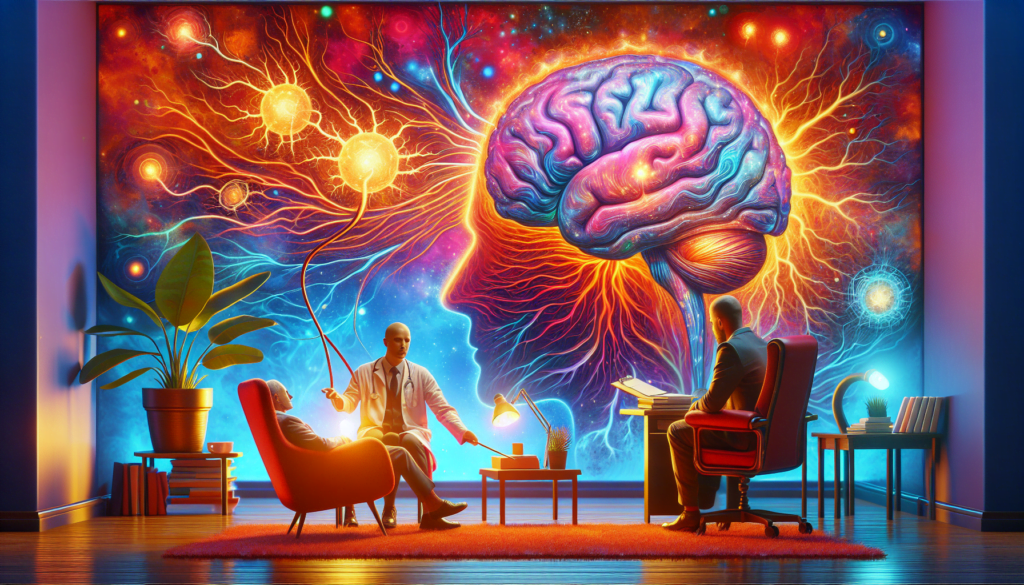The Psychological Benefits Of Minimalism.
Minimalism, a lifestyle choice that emphasizes simplicity and the elimination of excess, can have profound psychological benefits. By reducing clutter, both physical and mental, minimalism can lead to increased focus, improved mood, and a more fulfilling life. But why should you keep reading? Because understanding the psychological benefits of minimalism can help you make informed […]








